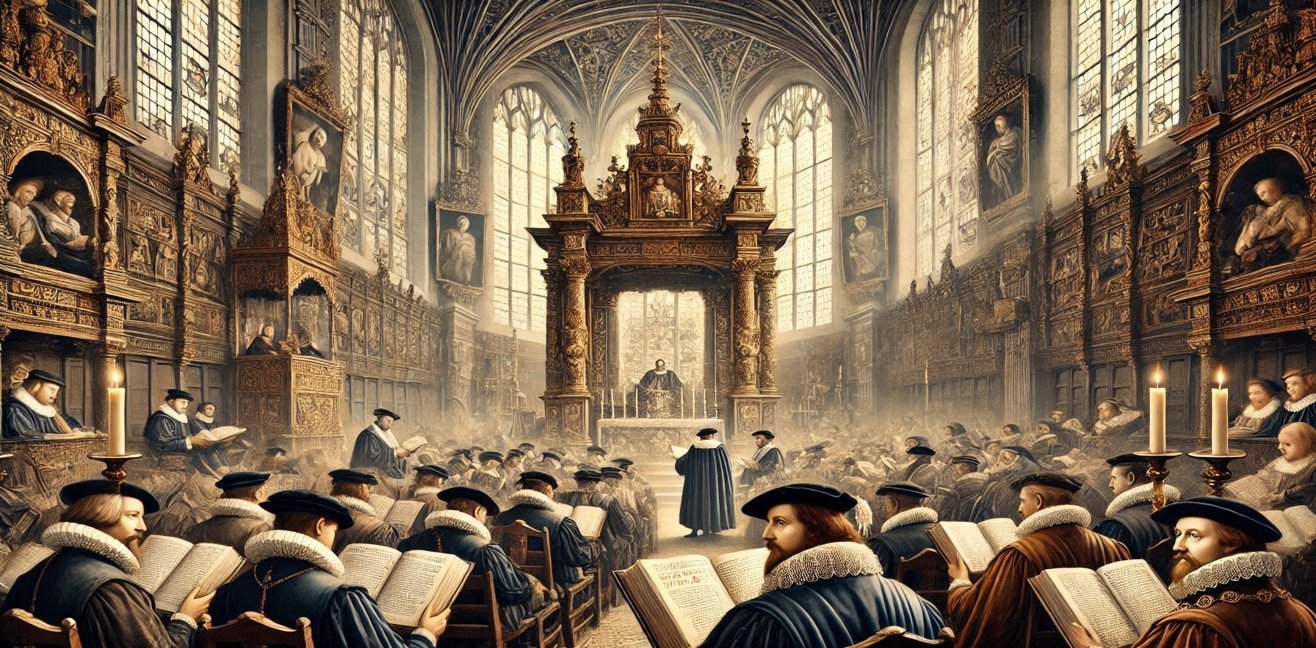The history of England is often marked by religious reforms and changes in the relationship between the church and the state. The early 16th century, in particular, was one of the most tumultuous periods of these changes. During this time, King Henry VIII’s break from the Roman Catholic Church and the establishment of the Church of England became a pivotal moment in history.
Background
Throughout the Middle Ages, England was under the dominance of the Catholic Church. However, in the early 16th century, a series of religious and intellectual changes began across Europe, influenced by the Renaissance movement. These changes led to the rise of various reform movements within the Christian world. In England, during this period, critical voices began to emerge against the Catholic Church.
King Henry VIII’s Break
When King Henry VIII ascended to the throne in the early 16th century, he took a series of actions that challenged the authority of the Catholic Church. Most notably, when the Pope rejected his request for an annulment of his marriage, Henry VIII broke from the Catholic Church and established his own. This marked the birth of the Church of England.
The Command for English Bibles
However, Henry VIII’s break was not only a political maneuver; it also brought about church reform. On May 6, 1536, Henry VIII issued a decree that English Bibles must be present in all churches across the country. This command was issued to break the church’s reliance on the Latin language and to enable the people to read the Holy Bible directly.
This step was seen as part of the religious reformation in England. The presence of English Bibles in churches was considered a challenge to the authority of the Catholic Church and contributed to the process of establishing the Church of England.
Conclusion
The command for English Bibles was a significant milestone in the religious reformation in England. Henry VIII’s break from the Catholic Church and the church reform became a turning point that altered the religious and political landscape of the country. These events play a critical role in understanding the religious and cultural changes in England’s history and explain the origins of the modern Church of England.




